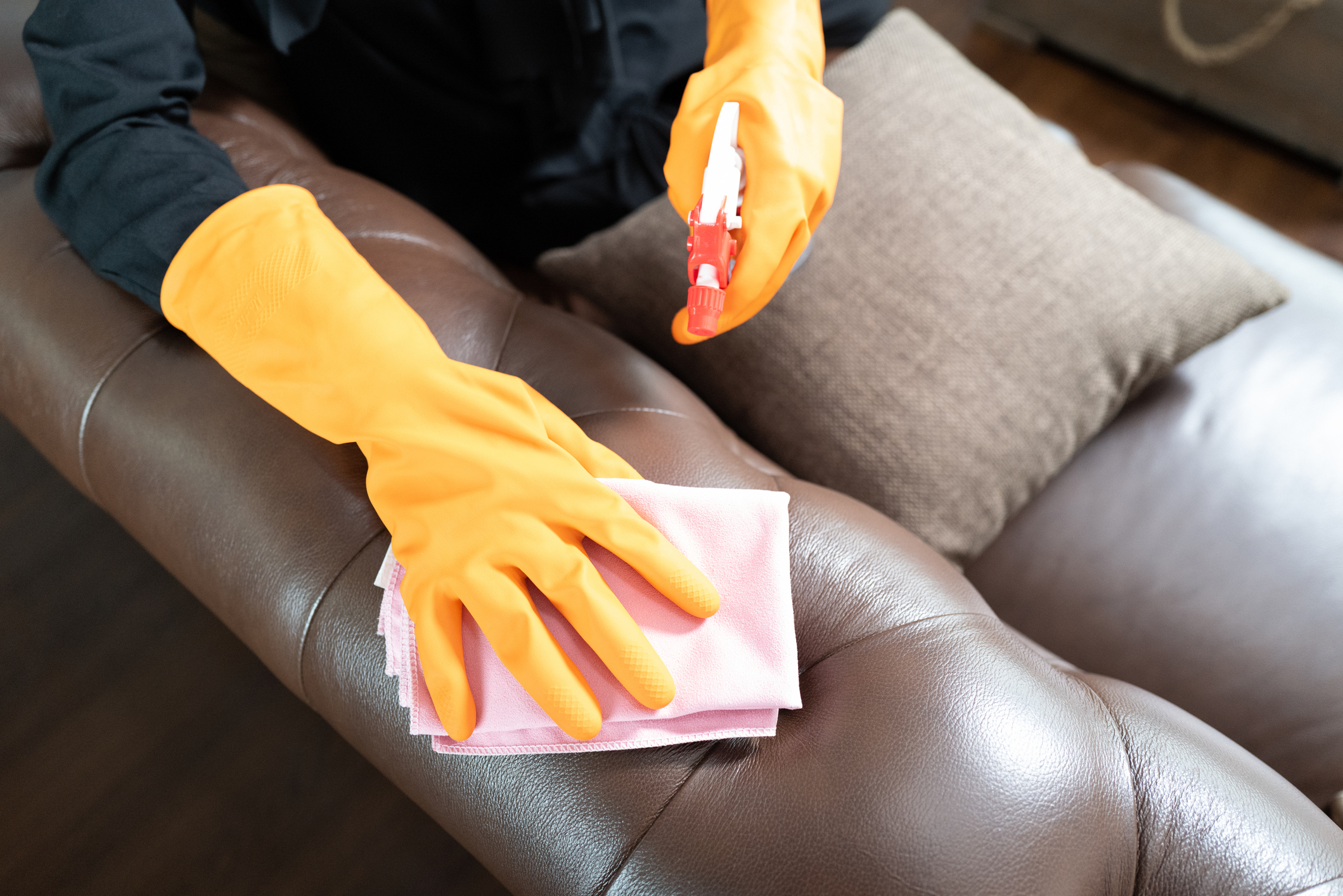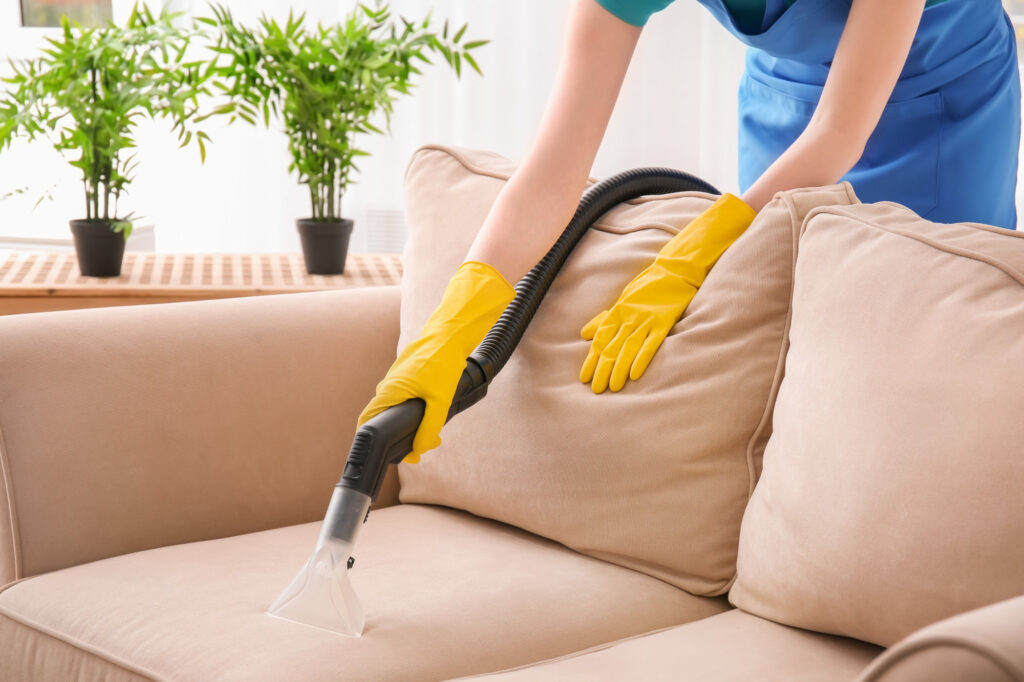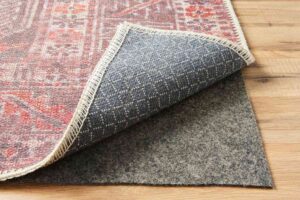
Reviving Your Living Space: A Comprehensive Guide on How to Clean a Couch That Smells
Introduction
Your couch is a central piece of furniture, providing comfort and relaxation. However, over time, it can accumulate odors from daily use, spills, or pet activities. A couch that smells not only affects the ambiance of your living space but can also be unpleasant for anyone using it. In this comprehensive guide, we’ll explore effective ways to clean a couch that smells, from removing stains to eliminating odors, ensuring your sofa becomes a fresh and inviting focal point in your home.
Identifying the Cause of the Smell

Before diving into the cleaning process, it’s essential to identify the root cause of the odor. Understanding the source helps in selecting the appropriate cleaning methods and products.
1. Pet Odors:
If you have pets, their dander, fur, and occasional accidents can contribute to unpleasant odors on the couch.
2. Food and Drink Spills:
Stains from food and drink spills not only leave visible marks but can also lead to lingering smells.
3. Mold and Mildew:
Moisture and humidity can create an environment for mold and mildew to thrive, causing a musty odor.
4. General Wear and Tear:
Over time, dirt, sweat, and body oils can accumulate on the couch, leading to a stale smell.
Cleaning Methods for a Fresh Couch

5. Vacuuming:
Start by thoroughly vacuuming the couch to remove loose dirt, pet hair, and debris. Use an upholstery attachment to reach into crevices and seams.
6. Baking Soda:
Baking soda is a natural deodorizer. Sprinkle a generous amount over the entire couch and let it sit for at least 15 minutes to absorb odors. Vacuum the baking soda thoroughly.
7. Spot Cleaning:
For specific stains, use a mixture of mild detergent and water. Blot the stain rather than rubbing to prevent it from spreading. Test the cleaning solution on a small, inconspicuous area first.
8. Enzyme Cleaners:
For pet odors, enzyme cleaners are effective in breaking down the proteins in urine and eliminating the smell. Follow the product instructions for application.
9. Steam Cleaning:
Renting a steam cleaner or hiring professionals for steam cleaning can deep clean your couch, removing dirt and odors. Ensure that your couch fabric can withstand steam cleaning.
Odor-Eliminating Techniques

10. Charcoal Bags:
Place charcoal bags on and around the couch. Charcoal absorbs and neutralizes odors effectively.
11. Fresh Air and Sunlight:
Take advantage of a sunny day by opening windows and allowing fresh air and sunlight to naturally disinfect and deodorize the couch.
12. Fabric Fresheners:
Use fabric fresheners or DIY solutions with essential oils to add a pleasant scent to your couch after cleaning.
FAQs: Clarifying Common Queries
1. How often should I clean my couch?
The frequency of couch cleaning depends on usage. A general rule is to vacuum and perform light cleaning monthly, with deep cleaning every 6-12 months. However, adjust based on specific needs like pet presence or frequent spills.
2. Can I use a carpet cleaner on my couch?
Many carpet cleaners are suitable for upholstery. Ensure that your couch fabric can withstand the cleaning solution, and follow the manufacturer’s guidelines. Test the cleaner on a small, inconspicuous area first.
3. What is the best way to remove pet odors from the couch?
Enzyme cleaners are effective in breaking down pet odors. Follow the product instructions, and consider using a pet-friendly fabric freshener after cleaning.
4. Can I use vinegar to clean my couch?
While vinegar is a natural cleaner, it may not be suitable for all couch fabrics. Test a small, inconspicuous area first. If safe, mix equal parts vinegar and water for a gentle cleaning solution.
5. How do I clean a microfiber couch?
Microfiber couches are typically cleaned with a mixture of rubbing alcohol and water. Use a white sponge or cloth to avoid color transfer. Gently blot stains and allow the fabric to air-dry.
6. What causes a musty smell on the couch?
A musty smell is often due to mold or mildew growth. Ensure the area around the couch is well-ventilated, and use moisture-absorbing products or a dehumidifier to prevent dampness.
7. Can I use essential oils to freshen my couch?
Yes, essential oils can be diluted with water and used as a fabric freshener. Be cautious with the amount to avoid staining. Test on a small area first and choose oils with deodorizing properties.
8. How long should I let baking soda sit on the couch?
Allow baking soda to sit on the couch for at least 15 minutes. For persistent odors, you can leave it on for a few hours or overnight before vacuuming.
9. Is professional upholstery cleaning necessary?
Professional upholstery cleaning is recommended every 6-12 months for a thorough and deep cleaning. It’s especially beneficial for high-traffic areas and to address stubborn stains.
10. Can I use a carpet stain remover on my couch?
While some carpet stain removers may work on upholstery, it’s essential to check for fabric compatibility. Test on a small area first, and avoid using products with harsh chemicals.
Conclusion
A fresh-smelling couch contributes significantly to the overall comfort and ambiance of your living space. Whether dealing with pet odors, food spills, or general wear, the cleaning methods outlined in this guide offer practical solutions to revive your couch. From regular vacuuming to deep cleaning with steam and utilizing natural deodorizers, you can enjoy a clean and inviting sofa that enhances your home’s atmosphere. Prioritize preventive measures, such as using fabric protectors and addressing spills promptly, to maintain the freshness of your couch in the long run. With these tips and techniques, you can confidently tackle the challenge of a smelly couch and reclaim a pleasant and inviting living space.


